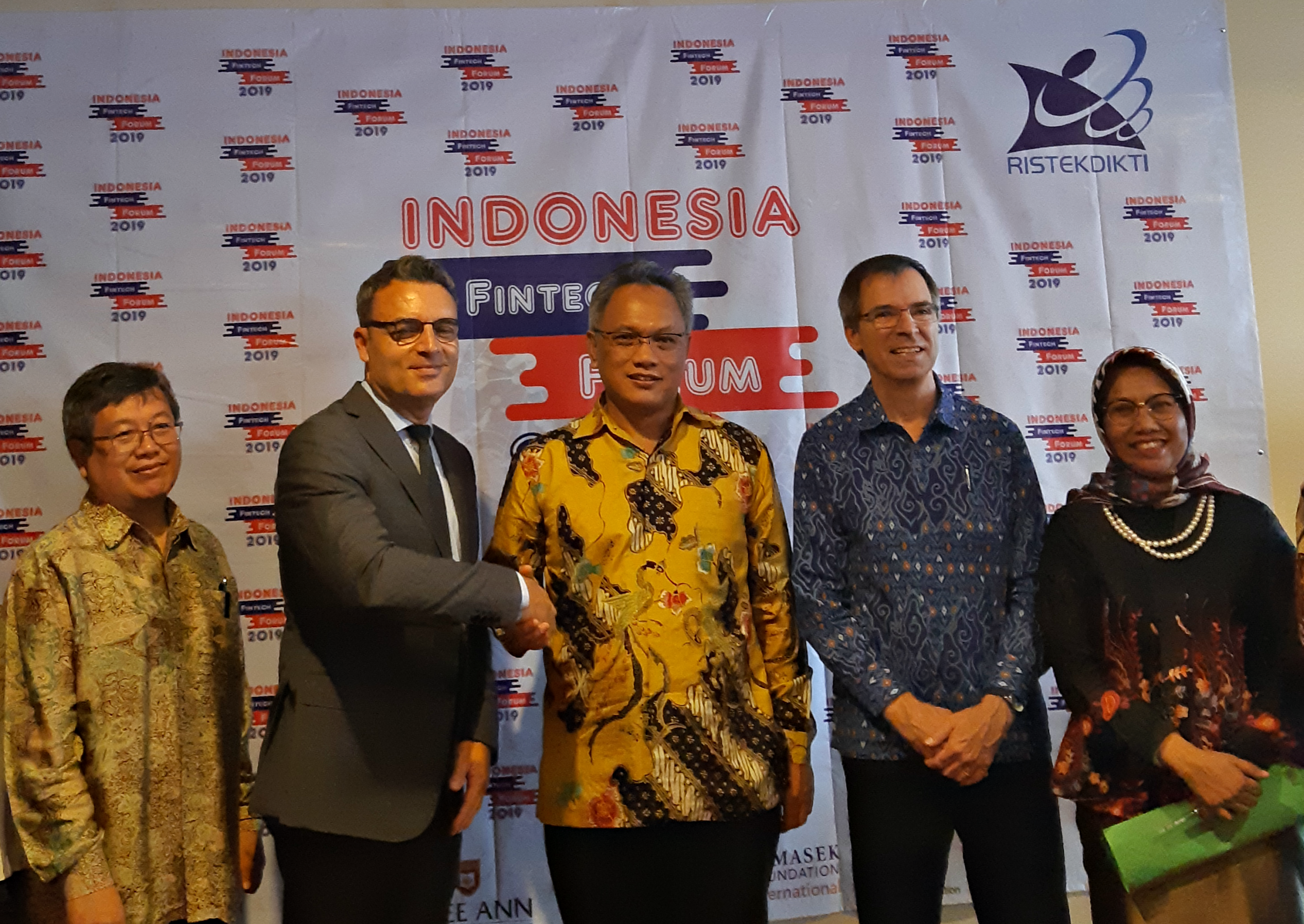Industry 4.0 has generated a new focus towards globalization and technology in Indonesia. The emphasis on digital economic patterns, big data, robotics and artificial intelligence means exciting new opportunities for education. Indonesian universities need to be more innovative in their curriculum and teaching to produce new generations of competent and competitive graduates in the face of this era of industrial revolution. The ability to think critically, systemically, laterally and entrepreneurial are all key cognitive skills required of today’s post-secondary students.

To accomplish this goal, the READI project included the development and implementation of Co-operative Education programming (Co-op) in Indonesian universities to increase their capacity to educate career ready actuaries able to meet the demands of a clearly identified labor market. This programming involves the private sector in providing suitable, meaningful and structured employment opportunities for co-op students.
The project’s university stakeholders declared strong interest in the Co-operative Education Program. Similarly, co-op has been greeted with enthusiastic interest by students and their parents, the financial industry (especially the insurance sector) and the Ministry of Research, Technology and Higher Education (MoRTHE).
At a National Actuarial Symposium on Co-operative Education in December 2018, participants wholeheartedly agreed that the Director General's Circular Letter on Co-operative Education needed to be enhanced and enacted as a Ministerial Decree to better support increasing the regulatory capacity of the Indonesian education system. The READI Project helped facilitate the preparation of the Ministerial Decree which was launched officially on April 8, 2019. Minister of RTHE Decree No.123/M/KPT/ 2019 regulates the implementation of the concept of Co-operative Education.
Consequently, Mr. Ismunandar, Director General of Learning and Student Affairs MoRTHE and Pierre-Yves Monnard, from Global Affairs Canada announced the establishment of the Ministerial Decree during the Fintech Innovations Towards Indonesia Smart Society event in Jakarta on April 8, 2019. This prestigious event also included 1500 students from various universities across Indonesia’s 34 provinces.
The Ministerial Decree will be used by universities, students and employers as a formal reference and to maintain standards for student/industry work-integrated learning arrangements. The minimum time for the work term is one month or five working days per week for eight hours per day. Work terms are recognized with a credit score equal to one (1) credit or 45 hours of work experience.